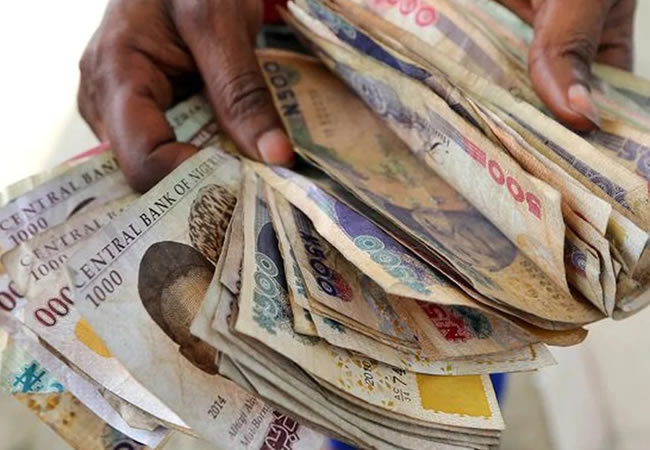Money market rates have surged due to a persistent liquidity shortfall within the financial system. The market has consistently maintained elevated rates in the absence of substantial inflows that could alleviate the liquidity deficit.
Investment firms, reflecting recent trends, noted that while system liquidity has improved, rates remain high. In its market update, AIICO Capital Limited reported a slight improvement in liquidity as inflows from the Federal Account Allocation Committee (FAAC) gradually began to materialize.
Banks are now borrowing from the Central Bank of Nigeria (CBN) at 31.75%, following the Apex Bank’s decision to lift the suspension on its lending window. Several investment firms highlighted the ongoing liquidity shortfall in the financial market, although specific figures were not disclosed.
According to FMDQ data, the overnight policy rate (OPR) and the overnight rate (O/N) rose by 1.28% and 1.30%, reaching 31.69% and 32.08%, respectively. Analysts at AIICO Capital Limited anticipate the liquidity deficit to persist through the end of the week.
Meanwhile, the Nigerian interbank borrowing rate (NIBOR) fell across all maturities yesterday, suggesting an increase in system liquidity. Cowry Asset Limited reported that the true yield on Nigerian interbank Treasury bills showed mixed movements across most maturities, while the average secondary market yield on T-bills eased by 0.04%, settling at 24.06%.













